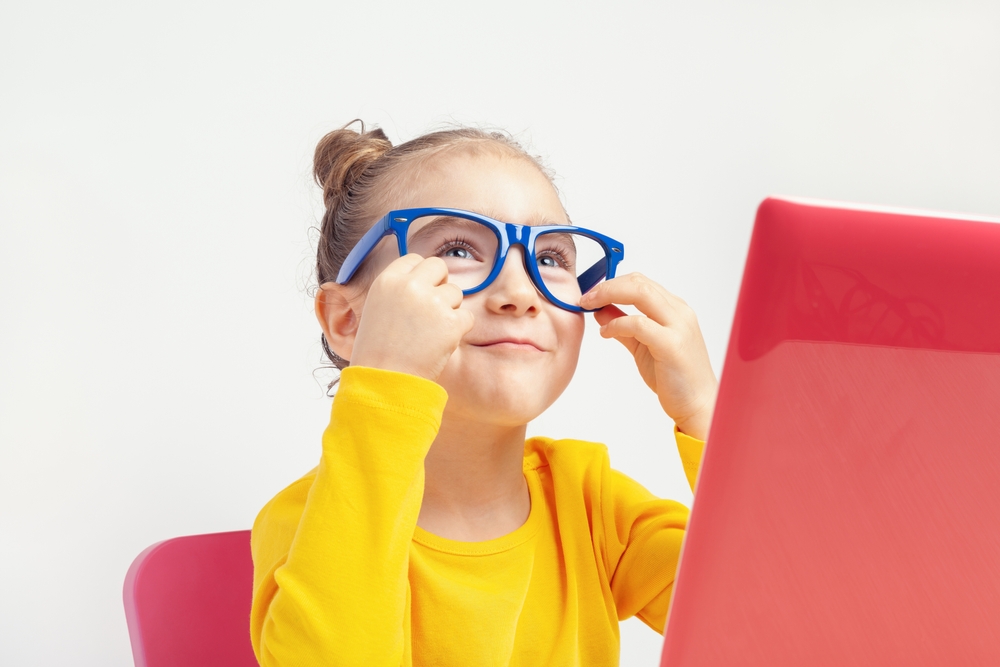
How Is Myopia Managed in Kids?
Myopia is a common eye condition affecting children worldwide. With increased screen time and limited outdoor activities, more kids are experiencing the onset and progression of myopia at younger ages. Fortunately, there are various effective methods for managing myopia in children, each aimed at slowing down its progression and ensuring healthier vision in the long term.
Understanding Myopia in Children
Myopia occurs when the eye shape causes light rays to focus in front of the retina rather than directly on it, making distant objects appear blurry. This can often lead to children struggling to see the whiteboard in school or road signs while outdoors. Early intervention is essential, as high levels of myopia can increase the risk of serious eye conditions in adulthood, including retinal detachment, glaucoma, and cataracts.
Orthokeratology Lenses
Orthokeratology, or Ortho-K, involves specially designed contact lenses that gently reshape the cornea overnight. Kids wear these lenses while sleeping, and when they remove them in the morning, they can enjoy clear vision throughout the day without the need for glasses. Ortho-K lenses not only correct vision but have also been shown to slow the progression of myopia, making them a popular option for managing myopia in children.
Atropine Eye Drops
Low-dose atropine eye drops are another effective treatment for myopia management. Research has shown that low concentrations of atropine can significantly slow myopia progression in children. These drops are generally applied once a day, usually before bedtime. Although atropine doesn’t correct vision, it helps reduce the worsening of myopia, making it a powerful tool in a comprehensive myopia management plan.
Multifocal Contact Lenses
Soft, multifocal contact lenses, typically worn during the day, are designed with different lens powers to provide clear vision at multiple distances. These lenses have been found to help slow the growth of the eye, thereby managing myopia progression. Multifocal contacts are a great choice for children who are comfortable wearing contacts and prefer not to wear glasses.
Lifestyle Changes
Increasing outdoor time and reducing close-up activities, like reading and screen use, can have a positive impact on eye health and reduce the progression of myopia in children. Studies suggest that spending more time outdoors helps release dopamine in the retina, which may slow down the elongation of the eyeball associated with myopia. Encouraging children to take regular breaks during screen time and engage in outdoor play are simple, practical lifestyle changes that can support overall eye health.
The Role of Regular Pediatric Eye Exams for Early Detection
The earlier myopia is detected, the better the chances of managing it effectively. Regular eye exams are essential to catch myopia early and monitor its progression. For kids, annual eye exams are recommended, though more frequent check-ups may be necessary for those already diagnosed with myopia or those using specific treatments.
Take the First Step at Optima Vision Center Today
At Optima Vision Center, we are dedicated to offering personalized myopia management plans tailored to each child’s needs. From Ortho-K lenses to lifestyle recommendations, we provide a range of solutions designed to slow down myopia progression and help your child enjoy clearer, healthier vision.
Contact Optima Vision Center to learn more about our myopia management services and how we can help your child achieve their best vision. Visit our office in Philadelphia, Pennsylvania, or call (215) 548-5949 to book an appointment today.









